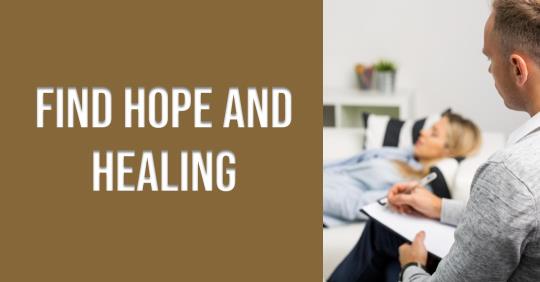Opioid and prescription drug dependence have become known as the opioid crisis, increasing over the last several decades, has made it into mainstream society.
Prescription drugs have been known to change how a person’s brain works dramatically, and their ability to control or make sound decisions can be permanently altered.
Recovering from opioids and prescription drugs, like all addictions, can be pretty tricky. The team of medical professionals at Aspen Behavioral Health has years of knowledge and expertise to help you on your journey to sobriety.
What is prescription drug dependence?
Prescription drug dependence is when someone begins using medication for a different purpose other than what was prescribed by a doctor. With medications being used more and more to get high, this has become a bigger problem as time goes on.
Prescription drugs are known to be typically swallowed, but it is not uncommon for someone to try and snort or inject the drug into themselves. This includes opioids and prescription drugs such as opioid painkillers, anti-anxiety medications, sedatives, and stimulants
Medical providers are known to have some of the highest levels of risk of addiction. They have access to prescription drugs and other synthetic opioids known to help treat severe pain.
Prescription drug abuse or problematic use includes everything from taking a friend’s prescription painkiller for your backache to snorting or injecting ground-up pills to get high.
Am I dependent on opioids and prescription drugs?
The signs and symptoms of prescription drug abuse are usually different depending on what drug is being used.
Most of these prescription opioids are known to be mind-altering, with the most typical physical dependence becoming a key sign. Opioid and prescription drugs are broken down into three categories based on the symptoms that appear with prescription drug misuse.
Opioids are usually meant to treat chronic pain using prescription pain relievers that contain oxycodone. Some opioid drugs such as Oxycontin, Percocet all include Norco. Typical side effects of opioid abuse are:
- constipation, nausea
- feeling high (euphoria), increased need for more pain relief
- higher sensitivity to pain (also known as hyperalgesia)
- slowed breathing rate, drowsiness, confusion, poor coordination
The second type is anti-anxiety medications and sedatives, called alprazolam (known as Xanax) and diazepam (known as Valium), which help treat anxiety or sleep disorders.
Some typical symptoms of substance abuse disorders are:
- drowsiness, confusion
- unsteady walking, slurred speech
- poor concentration, dizziness
- problems with memory
- slowed breathing
The final type are stimulants, also known as :
- methylphenidate (more commonly as Ritalin, Concerta, among others),
- dextroamphetamine and amphetamine (Adderall XR, Mydayis),
- and dextroamphetamine (Dexedrine)
There are some other signs for opioid abuse, which are:
- stealing or selling prescriptions
- consuming higher doses than prescribed
- quick changes in mood or aggression
- dramatic changes in sleep patterns
- problems with decision-making
- appearing to be increased or euphoric, or unusually energetic, or sedated/drowsy
- asking for early refills on prescriptions or “saying they lost their prescription.
- looking for more prescriptions by visiting multiple doctors
Since access to prescription drugs has become so readily available, these medications have become more common for teenagers to begin developing problems with opioid abuse.
Some of the signs or symptoms are below:
- to feel pleasure or get high
- to relax or relieve stress
- to reduce appetite or increase alertness
- to experience a mind-altering state
- to maintain an addiction and prevent opioid withdrawal symptoms
- to be accepted by peers or to be social
- to try to improve concentration and academic or work performance
What are the possible causes of opioid and prescription drug dependence?
The National Institute on Drug Abuse states that prescription drug dependence can happen to anyone at any age. It is most common with teenagers or young adults.
Over the last few decades, it has become more common that painkillers are prescribed after surgery, leading some to become addicted to the medications once they have already recovered.
One suggestion to avoid falling into an opioid use disorder is strictly following the doctor’s instructions on when to take the medication and how much to take.
Here are some risk factors that contribute to opioid use disorders:
- history of substance abuse and past addictions, including alcohol or tobacco
- family history of problems with opioid addictions
- mental health issues
- peer pressure to fit in socially by abusing drugs
- easier access to prescription drugs found in the home medicine cabinet
- no knowledge of the potential harm of possible drug overdose
- parents and older adults with a history of prescription drug abuse
What are the dangers of opioid and prescription drug dependence?
In recent studies, the National Institute on Drug Abuse has found the prescription drug abuse is a rapidly growing problem with older adults who also tend to combine drugs with alcohol. Substance abuse disorders can cause many different health problems that are made worse when other drugs and alcohol are also put into the mix.
The combination of drugs and alcohol can lead to increased issues with opioid addiction and increased signs of physical dependence, similar to when taking illegal drugs. Here are some examples of what can happen with opioid addiction:
- Opioids cause dangerously low blood pressure, slowed, sometimes even stopped breathing, or coma. These risk factors dangerously increase the risk of an opioid overdose.
- Anti-anxiety medications and sedatives have been known to cause problems with lower blood pressure and slowed breathing. The chance of an overdose is increased when this happens, which could cause death.
- Stimulants have been known to cause very high body temperatures, problems with the heart, seizures or tremors, hallucinations and aggressiveness or paranoia.
When should I consider getting clean from opioid and prescription dependence?
Opioid and prescription drug use disorders help stimulate the part of the brain associated with rewards and pleasure; causing the person to develop a physical dependence on these drugs. Physical dependence is usually when the body’s tolerance is increased because of long-term drug use. As time goes on, higher amounts of the drug are needed to get that same feeling of euphoria.
What are some signs of withdrawal symptoms from opioid and prescription drug dependence?
This drug dependence increases show obvious withdrawal symptoms if the drug use is cut back or suddenly stopped being used.
Evidence of physical dependence is one form. The other is an addiction to opioids where there may be no physical signs of drug use, but the person is compulsively seeking the drug at any cost.
Here are some other consequences of opioid substance abuse disorders:
- displaying poor judgment or risky behavior
- actively using various other illegal or recreational drugs
- involved in criminal activity or motor vehicle accidents
- school or work performance declining
- troubled relationships
What is the most effective treatment for opioid dependence?
Prescription drug abuse may occur in people who need prescription opioid pain relievers, sedatives, or stimulants to help manage certain medical conditions.
It is important to remember that if you are taking medications that could be abused to follow some of these steps below:
- double-check that you received the correct medication and dosage
- check with your doctor to make sure they understand your condition and symptoms
- tell your doctor about any other prescriptions you are already taking
- double-check with your doctor on the ingredients and possible side effects of taking this medication
- follow the instructions and only take the prescribed dosages
The most effective treatment types are programs that combine medication treatment plans and behavioral therapy to address some of the triggers and negative past habits. These programs allow patients to work with therapists to understand the source of their drug dependence and where those issues came from.
Therapy is known to allow people to develop a skill set that they can use once they leave the program which can be refined over time and give them the confidence to manage their addiction for the long term.
How do I get help for opioid and prescription drug dependence?
The journey to sobriety does not have to be done alone. Many resources are free and confidential to help support you:
Talk to a recovery professional at Substance Abuse and Mental Health Services Administration Helpline: 800-662-HELP (4357)
The team at Aspen Behavioral Health is here to support you on your journey to recovery. Let our team of experts and professionals guide you as you work towards your sobriety.
Suppose you or you know someone fighting opioid or prescription drug dependence. In that case, Aspen Behavioral Health has various treatment options that can be tailored to your specific needs and medical history.
Aspen Behavioral Health, located in sunny West Palm Beach, is a rehab center that helps people regroup, detox, and find support as they start their journey to sobriety. Take that first step and talk to one of our Aspen Behavioral Health specialists today.
Sources
Mayo Clinic, “Prescription Drug Abuse”, Mayo Clinic Staff, October 19, 2018, Retrieved from www.mayoclinic.org/diseases-conditions/prescription-drug-abuse/symptoms-causes/syc-20376813
American Addiction Centers, “Prescription Drug Addiction and Treatment of Prescription Drug Abuse”, July 12, 2021, Retrieved from americanaddictioncenters.org/prescription-drugs
WebMD, “Prescription Drug Abuse”, March 19, 2020, Retrieved from www.webmd.com/mental-health/addiction/abuse-of-prescription-drugs



